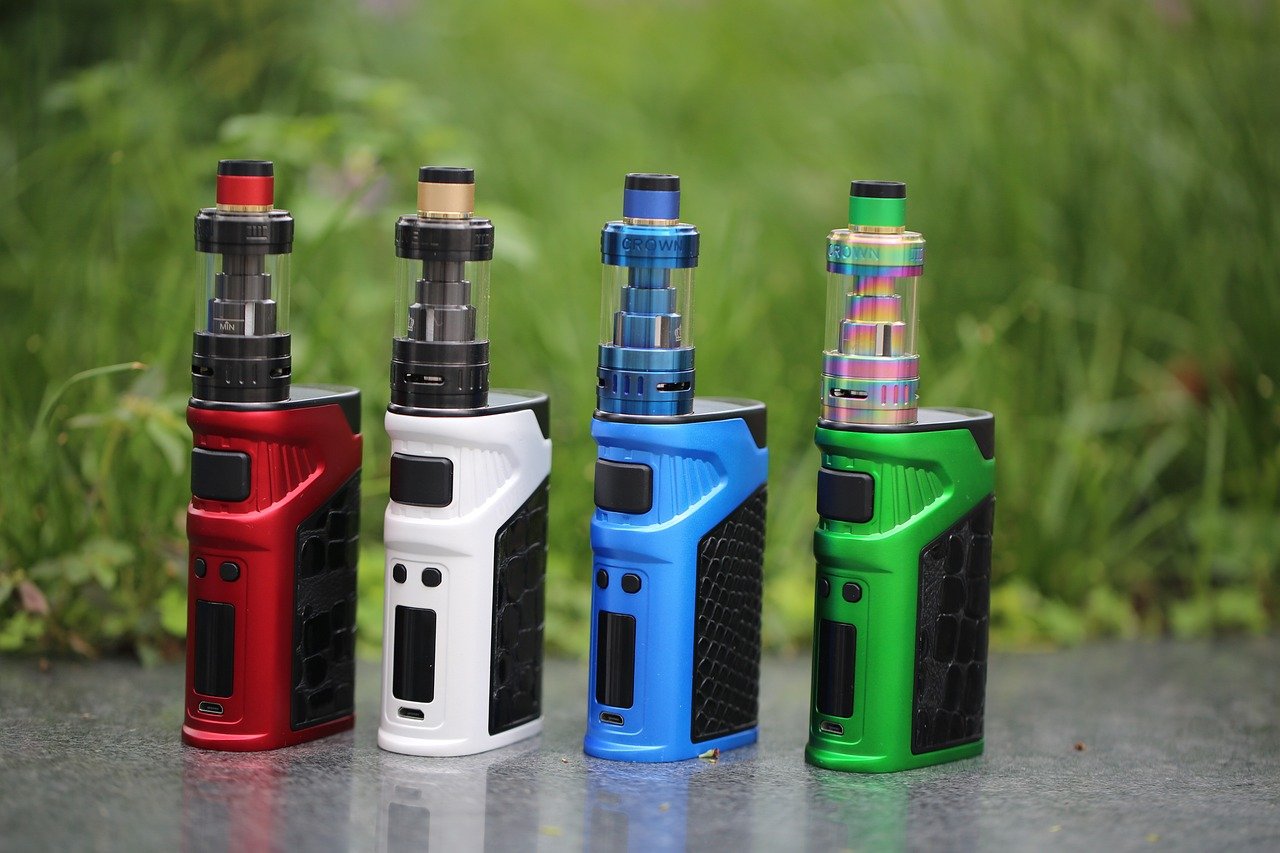CBD and HHC have become increasingly popular due to their potential benefits. Cannabidiol is derived from the cannabis plant and is renowned for its unique ability. Hexahydrocannabinol is a compound found in cannabis that is believed to have properties significantly when improving overall well-being.
Despite its potential benefits, HHC is not as well-researched as Cannabidiol, and more studies are needed to understand its effects fully. Both CBD and Hexahydrocannabinol are legal in some parts of the world, and their popularity continues to grow as people seek natural alternatives to traditional products.
Top 7 Differences Between HHC And CBD
1. Versatility
When it comes to the world of wellness, there are many options to explore. Two popular products that are often compared are HHC and CBD. While both may come from the same plant, they have distinct differences. Hexahydrocannabinol is a synthetic cannabinoid currently being researched for its potential benefits.
It is known for its effects and has not yet been approved by the FDA. Cannabidiol is a compound found in the cannabis sativa plant that has been studied extensively for its potential properties. It has been noted for its versatility in treating a variety of conditions. Ultimately, the choice between HHC and Cannabidiol comes from personal preference and individual wellness goals.
2. Legality
Regarding the legality of HHC and CBD, the two have distinct differences. Hexahydrocannabinol is a type of cannabinoid currently unregulated by federal law, whereas Cannabidiol is legal at the federal level as long as it contains less than 0.3% THC.
This means that Hexahydrocannabinol may be illegal to possess, manufacture, or distribute in certain states, whereas CBD is accepted as legal across the US. However, it’s crucial to note that state laws regarding HHC and CBD can vary, and it’s always best to research your local regulations before purchasing or using any cannabinoid products.
3. Fast Acting
CBD and HHC are two compounds gaining popularity in the wellness industry for their potential benefits. One significant difference between the two is their time of onset. Cannabidiol is known to have a slower onset time, taking anywhere from 30 minutes to an hour to take effect. Hexahydrocannabinol, on the other hand, is reported to have a much faster onset time, with users noticing effects as quickly as 10-15 minutes after ingestion.
This is attributed to the fact that HHC has a higher bioavailability, meaning it is absorbed more efficiently by the body. However, it’s crucial to note that this difference in onset time does not necessarily mean that one compound is better than the other, as their individual effects may vary. It’s always better to consult a doctor before incorporating new products into your wellness routine.
4. Availability
CBD and HHC are two popular substances that have gained traction in wellness in recent years. Despite the similarities, there are differences in their availability. Cannabidiol can be found in many food stores and online retailers across the United States. It is legal on a federal level, and its popularity has led to a surge of CBD-infused products ranging from tinctures to gummies.
On the other hand, Hexahydrocannabinol is a relatively new player in the industry, and availability is limited. HHC Vape is not yet widely available, and its legality is still being debated. While Cannabidiol has been studied extensively and has a clear path toward legality, Hexahydrocannabinol’s future remains uncertain. Overall, while both these substances are exciting to consumers, it’s essential to consider their differences in availability.

5. Affordability
CBD and HHC are popular compounds derived from the cannabis plant, but their affordability can differ significantly. While Cannabidiol is generally more expensive, Hexahydrocannabinol can be more affordable for those seeking similar effects. This is partly because HHC is a newer compound and less expensive than CBD.
Additionally, Hexahydrocannabinol may have a slightly stronger effect, making it more appealing to some users. However, it’s important to note that both compounds should be used responsibly and under the guidance of a healthcare professional. As research on these compounds continues to evolve, their affordability and accessibility will likely change.
6. Easy To Use
When it comes to user-friendly products, it’s essential to have familiarity and accessibility. HHC and Cannabidiol products have distinct differences in ease of use. One essential aspect that makes Hexahydrocannabinol more convenient is that it is available in gummies, concentrates, and vape cartridges, making it easier to pick the consumption method that suits you best.
Conversely, cannabis products like CBD are available in various forms like oils, tinctures, edibles, topicals, and capsules, which cater to different preferences. However, one of the challenges that users may face is determining the right dosage for their needs. In conclusion, both HHC and CBD products have pros and cons, but ultimately, ease of use is subjective and depends on individual preferences.

7. Long-Lasting Effects
CBD and HHC are two distinct compounds derived from the cannabis plant. While both have gained popularity in recent years for their potential to alleviate certain conditions, there are some notable differences in their long-lasting effects. Cannabidiol is known for its potential properties.
In contrast, Hexahydrocannabinol has been described as a more potent compound than THC, the well-known cannabinoid that causes intoxication. Due to the limited research available, it’s challenging to make definitive claims about the long-lasting effects of Hexahydrocannabinol. However, some anecdotal evidence suggests that it may have a longer duration of action than other cannabinoids. As with any substance, it’s essential to consult a healthcare professional before incorporating CBD or HHC into your wellness routine.
Final Words
Over the past few years, the popularity of hexahydrocannabinol and Cannabidiol has skyrocketed. Many people turn to HHC and CBD for various reasons. Hexahydrocannabinol is a cannabinoid, a class of compounds found in the cannabis plant, THC and CBD. Although it is similar to THC in chemical composition, HHC does not produce unwanted effects like THC.
